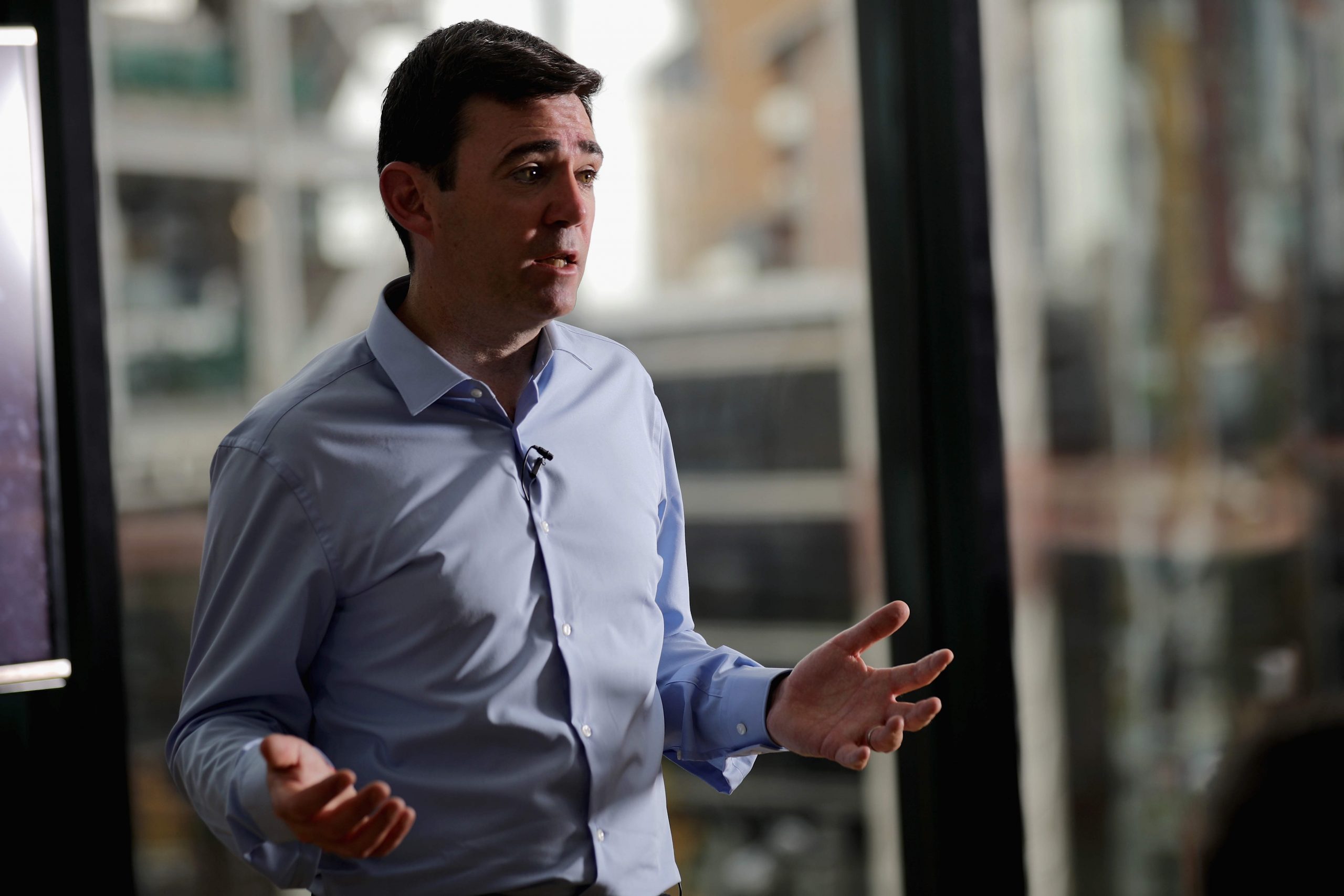
“Part of what I’m doing as revitalising Labour”, Andy Burnham told me, when I met him on a drizzling winter’s day in Manchester. The Westminster party was agonising over Article 50 at the time, and the implications of leaving the EU. But Burnham, still the MP for Leigh, was thinking closer to home.
“What I’m really getting after here is this idea about a stronger separate northern identity,” he said.



